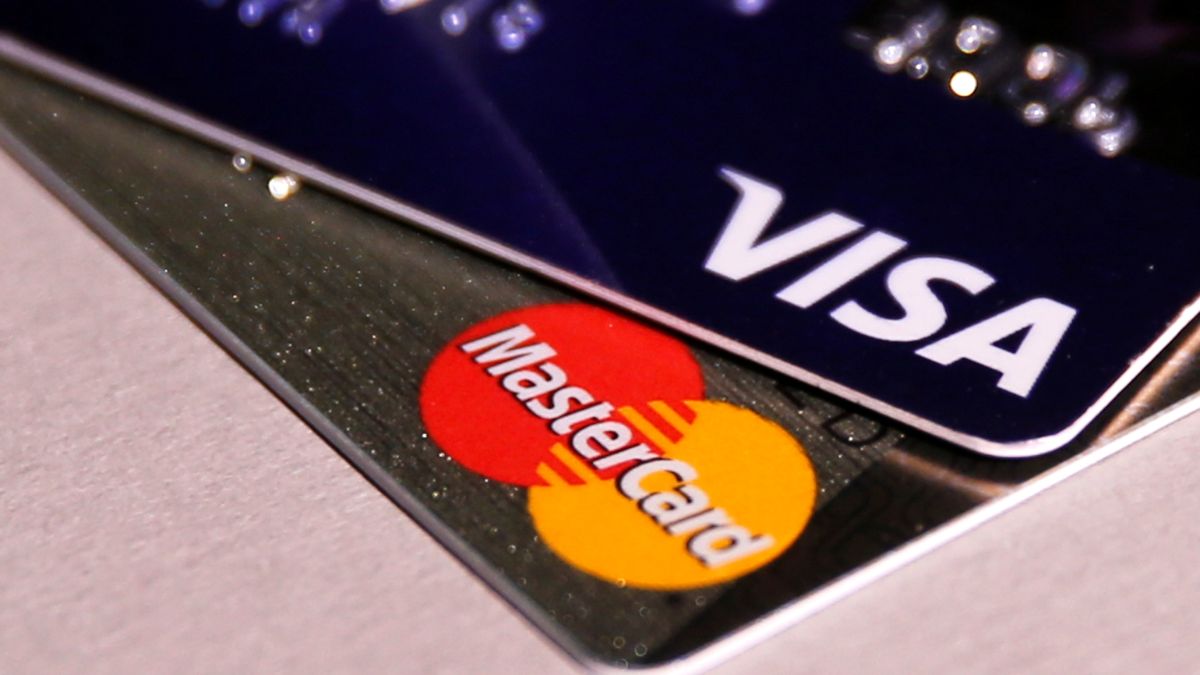TheFinQ.com is designed to be your one-stop destination for everything related to cards, loans, and investment products across India. We help you compare and choose the best financial products that suit your needs, including:

Using a credit card can be very convenient, especially during cash shortages. Beyond just flexibility, credit cards offer valuable perks like cashback, rewards, and exclusive discounts. However, managing multiple credit cards can get tricky, and without proper attention, it could impact your financial health and credit score. If you hold several cards, here are some straightforward, actionable tips to help you manage them efficiently.
Each credit card has a spending limit, and it’s essential to keep track of these limits for each card you own. Experts advise using only up to 30% of your credit limit per card to maintain a healthy credit score. For instance, if your credit limit is ₹1 lakh, try to keep your spending to ₹30,000 or less on that card. Consistently staying within this range can help prevent a negative impact on your credit rating.
With multiple credit cards, you’ll likely have different payment due dates. Missing any of these due dates can lead to penalty charges, plus it can hurt your credit score. You may want to mark your calendar or use mobile reminders to keep track of these dates. Ensuring you’re aware of all due dates will save you from unwanted late fees and maintain your credit score in a positive range.
If remembering payment dates feels overwhelming, setting up auto-payments is a good option. Most banks offer auto-debit options that ensure your credit card bills are paid on time every month. This way, you avoid the hassle of remembering each due date, ensuring you never miss a payment, which is crucial for your credit score. Just ensure there’s enough balance in your account to cover these payments.
Having more cards than you need can add to the complexity of managing finances. If one card fulfills most of your needs, you may not require others. Managing a smaller number of cards is easier and reduces the risk of missed payments or spending too close to the limit. Moreover, applying for several cards in a short time can harm your credit score, as frequent credit inquiries may indicate financial instability.
Before applying for any new credit card, make sure to read and understand all terms and conditions associated with the card. Hidden fees, annual charges, or complex terms can sometimes be overlooked in the excitement of receiving rewards or cashbacks. Reviewing these details will help you avoid unexpected costs and make better use of your cards.
Credit cards often come with rewards, cashback, and points that can save you money on purchases. While these incentives are great, it’s essential not to overspend just to gain points or cashback. Use these rewards for items you would already purchase instead of unnecessary items. Unutilized reward points often expire, so keeping track and redeeming them before they expire is beneficial.
It can be tempting to pay only the minimum due amount on a credit card bill, especially when finances are tight. However, doing this regularly can significantly increase your debt due to high interest rates on the remaining balance. Over time, your debt can grow larger, making it difficult to repay, which could harm your credit score. Whenever possible, try to pay off the full bill amount to avoid paying interest and stay debt-free.
If you’re using multiple credit cards, it’s easy to lose track of how much you’re spending in total. Try keeping a record of transactions for each card, either on a simple spreadsheet or by using expense-tracking apps. This helps in understanding where your money goes each month and identifying any areas where you may be overspending. Staying aware of your spending habits can prevent the risk of debt buildup.
Some credit cards provide extra rewards on specific spending categories like groceries, dining, travel, or shopping. If you have cards with overlapping categories, choose the one that offers the best rewards for each type of purchase. For instance, if you have two cards with dining rewards, use the one that provides higher cashback or points. This way, you maximize your savings without increasing unnecessary spending.
Finally, regularly checking your credit report is a good practice, especially if you have multiple credit cards. Reviewing your report will help you detect any errors or suspicious activities early. If you find any discrepancies, report them to the credit bureau immediately to get them corrected. Regular monitoring can help you maintain a strong credit profile and keep you aware of your overall credit health.
By following these simple yet effective tips, managing multiple credit cards becomes easier and more straightforward. Staying organized, paying on time, and using each card strategically will help you reap the benefits of credit cards while keeping your credit score intact.